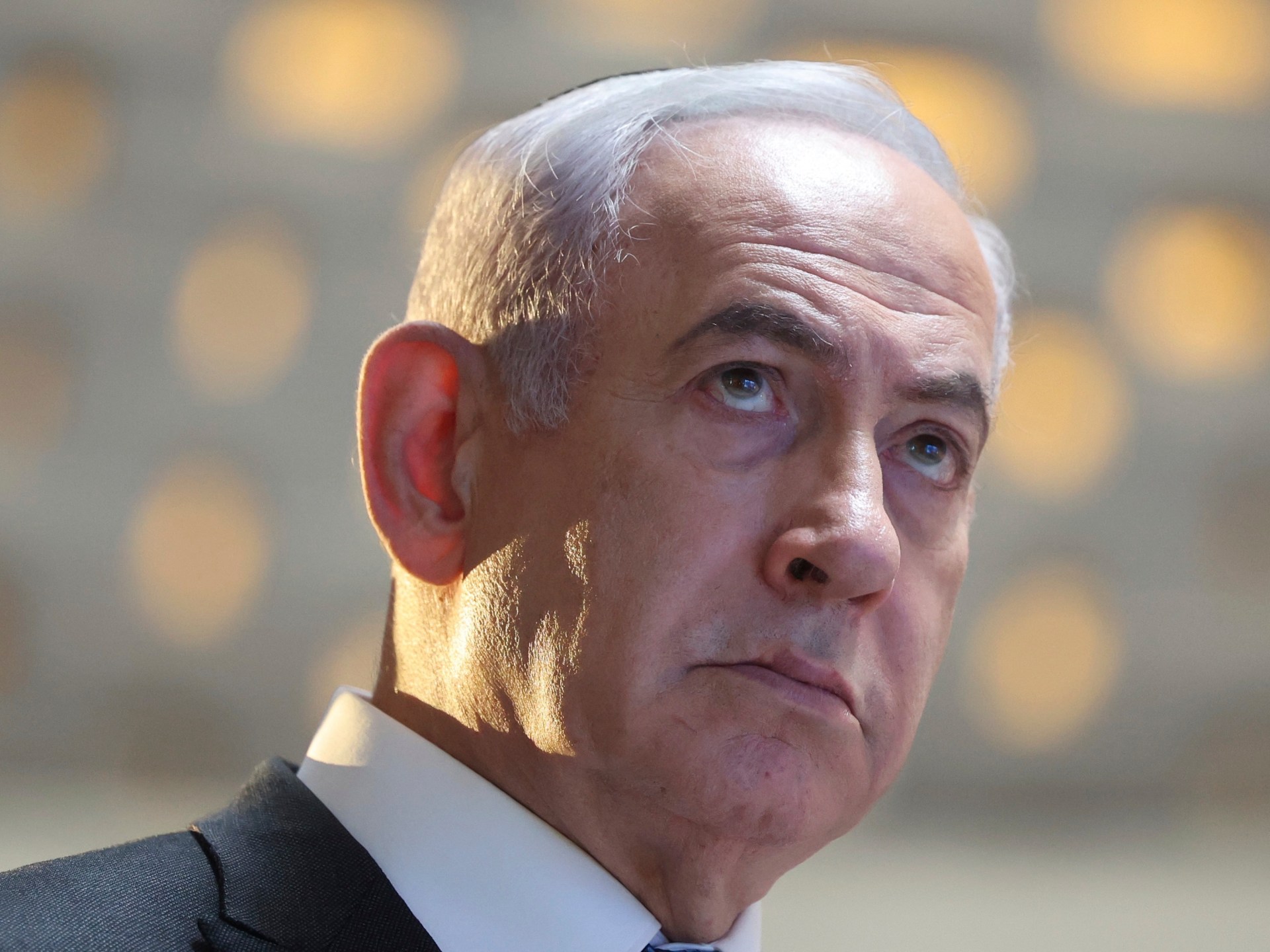Netanyahu Draws Red Line: Israel Vows to Block Syrian Military Presence Near Damascus

In a bold diplomatic move, Israeli Prime Minister Benjamin Netanyahu has called for the comprehensive demilitarization of southern Syria, highlighting growing tensions in the region. The demand comes amid Israel's controversial military presence, which has expanded into Syrian territory despite international legal concerns.
Netanyahu's stance underscores Israel's strategic security priorities, emphasizing the need to create a buffer zone that would prevent potential military threats from Iranian-backed forces and other militant groups near its border. The call for full demilitarization reflects Israel's ongoing efforts to mitigate security risks in the volatile southwestern Syrian region.
The prime minister's declaration follows a pattern of Israeli interventions in Syria, where the country has increasingly asserted its military presence, often conducting airstrikes and maintaining strategic positions. This latest demand signals Israel's continued assertiveness in managing regional security dynamics and protecting its national interests.
While the international community remains divided on the legality of Israel's actions, Netanyahu remains steadfast in his commitment to what he describes as essential defensive measures against potential regional threats.

